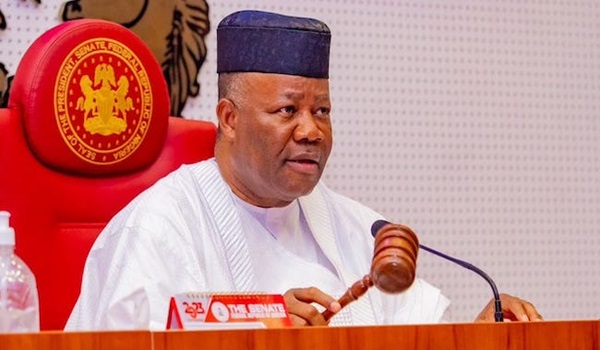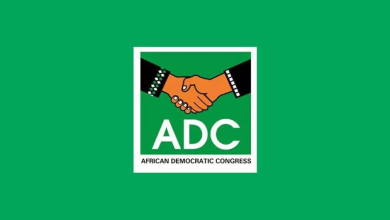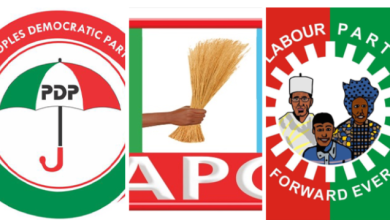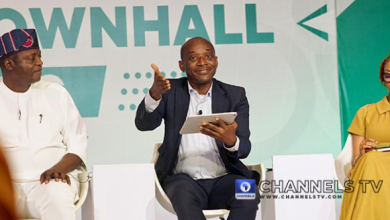Electoral Act amendment stalled in Senate as Akpabio reopens 2019 injustice claims

Efforts to amend Nigeria’s 2022 Electoral Act hit a temporary roadblock in the Senate on Thursday after heated debates stalled further deliberation.
The bill, introduced by Senator Simon Lalong (Plateau South), faced resistance during its general debate, prompting the upper chamber to step down consideration to a later date.
In a striking moment during the session, Senate President Godswill Akpabio revisited his controversial 2019 senatorial loss, alleging electoral injustice and personal victimization in his bid for the Akwa Ibom West seat.
“Yes, the returning officer, Peter Ogban, was prosecuted and jailed for electoral misconduct.
“But the real architect of the injustice, the then Resident Electoral Commissioner, Mike Igini — walked free”, he added.
Senator Akpabio had lost the 2019 race to Senator Chris Ekpenyong of the PDP but returned to the Senate in 2023 after a successful comeback bid.
The 2019 controversy had drawn national attention when Peter Ogban, a university professor who served as the collation officer, was convicted in 2021 for manipulating election results in favour of the All Progressives Congress (APC), ironically the same party Akpabio belonged to.
Now, Akpabio claims the deeper manipulation originated from the state’s INEC leadership, not just the academic official who was jailed.
The stalled Electoral Act Amendment process had been expected to address several contentious issues ahead of the 2027 general elections, including electronic transmission of results, Diaspora voting rights, clearer guidelines on internal party primaries and sanctions for INEC officials involved in misconduct
The Senate’s decision to step down the bill reflected both the political sensitivity surrounding electoral reforms and the personal stakes involved for many lawmakers with prior grievances.
The bill is expected to return for discussion after further consultations with the relevant committee.
Legislators have set a December 2025 target for final passage, aiming to give INEC ample time to implement reforms ahead of the 2027 polls.



